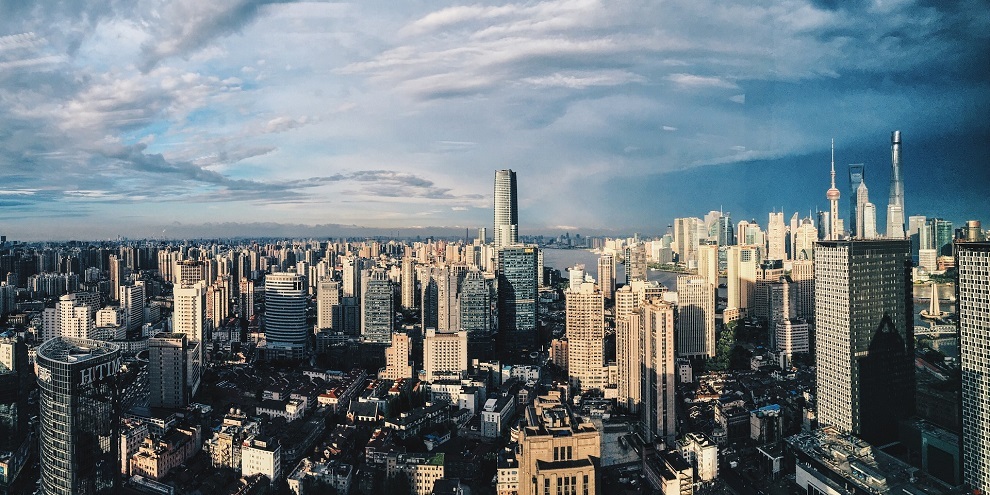
A spike in New Zealand’s exports to China is in the spotlight for helping the country’s total overseas sales rise of more than 11% year-on-year in March, and although dairy and lamb provided the largest gains in the 43% hike to $1.1 billion worth of exports, there were growths right across the board.
Combine these exports with the already booming growth in tourism from China (there are now five carriers flying in and out) and recent news that the Chinese government is looking to bankroll major road, rail and digital infrastructure in New Zealand and chances are that Kiwi businesses will soon be either working alongside Chinese businesses, trying to attract business from China, or looking to China as a potential market.
Clearly, doing business in China can be a challenge for start-ups that haven’t ventured beyond these shores or companies used to New Zealand and Australia’s more westernised habits. As well as learning the etiquette and business styles required to get deals done, there’s the added complexity of travelling and staying in a different country when you or your team are making those all-important face-to-face meetings.
Travel specifics
Planning for the corporate traveller in China isn’t any different to any other country – visa requirements, itineraries and accommodation can all be taken care of by APX travel experts and advice around safety and risk management can be obtained via APX Travel Security. Some of the finer details to be aware of, though, are:
- Internal flights can run quite heavily behind time meaning that extra time may be needed to be built into schedules if you are flying between Chinese cities.
- Rush hours may be getting worse in Auckland and Wellington, but they’re nothing to Chinese cities – avoid peak travel times or work in more time than you’d expect between meetings.
- National holidays such as Spring Festival, between late January and early March, Labour Day Golden Week (May 1-7) and National Day Golden Week (October 1-7) are phenomenally busy meaning that prices of travel and accommodation spike and transport can be uncomfortable.
- Signs in English are not common outside of major centres and the same goes for language so it is important to have itineraries written out in Chinese for taxi drivers etc.
What to take
China is a huge country with varying climates depending on where you are and the time of year. And, although it is technologically advanced, that will also vary depending on how off-the-beaten-track you intend to travel. Common sense dictates most things you need for a successful business trip, although there are a few cultural considerations, such as:
- Get your business cards printed up in both English and Chinese.
- Business-wear is generally conservative – think flat, closed-toe shoes for women and smart suits and ties for men. It’s considered rude to remove your jacket during a business meeting too. Never wear shorts unless you’re playing sports.
- Other than a plug adapter, your devices and chargers should all work throughout mainland China. Just remember that some websites are blocked and there is likely to be quite heavy monitoring of data transfer. Some companies prefer to use specific phones, devices and laptops for China-only business.
- China is generally a cash economy – especially in small shops, restaurants and hotels. Even where you see signs saying that cards are accepted, that will most likely be for only those issued in mainland China unless you are in four or five-star hotels, top-end restaurants or on organised tours and major shopping malls. ATMs are the best way to get money out as changing money in banks can be a lengthy, time-consuming process with long queues almost guaranteed.
Etiquette and business tips
Most Kiwi companies that succeed in China do so because they learn to adapt to their ways of business. In its broadest sense this means the realisation that how you behave (building a strong relationship, adhering to protocol and understanding the Chinese process) is as important as what you have to offer – but it also means learning the specifics, such as:
- Learn some basic language so you can show you are willing to adapt to Chinese ways but also ensure you have a good translator so you understand specifically what you’re getting into.
- Learn and use Chinese social media and business apps such as WeChat (similar to Whatsapp).
- It’s rude to refuse things – it’s better to accept a tea or cigarette, say, and then simply not drink or smoke it. And when you take important things such as business cards, accept them with two hands.
- Giving gifts to those you’re working with is very important throughout Asia – make sure you go armed with small Kiwi tokens to hand out on the road.
- Socialising is a vital part of business – you may find that talks of any deals starts off slowly while you get to know your hosts via food (or even karaoke).
- Getting off-the-beaten track will help you see and understand more about China’s culture and those you’re really doing business with.
KEY TAKE-HOME ADVICE
China is a multi-billion-dollar business opportunity for almost all New Zealand businesses – but it can be taken advantage of only if Kiwis are fully prepared to travel to and in China.
As well as the major adjustments required as to expectations and culture, there are specific tips for day-to-day travel that can help you maximise your time spent doing business in China.
Forging a business relationship in China is largely centred on observing good manners and preserving natural social harmony – the more you can show you are willing to learn and understand this, the more successful you are likely to be.

